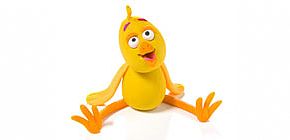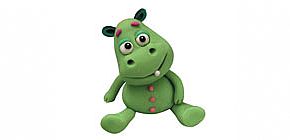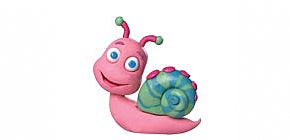Fever reducing medication, a humidifier to relieve stuffy noses and creams to treat the skin - everything you should have in your infant’s toiletry closet.
בר עליון ראשי ENG
Skip בר עליון ראשי ENG
סוף בר עליון ראשי ENG
- “Prepare Me Ahead of Time": Stocking up on Infant Toiletries
- 10 Things Interfering with your Infant's Development
- 5 Tips To Make Life Easier on Nursing Women
- A Tale of Warmth & Love: The Importance of Touch to Infants' development
- After the Birth: Our Recommended Supply List
- Before and After Labor: What Do You Really Need to Have at Home?
Is your infant crying in (gas) pain, leaving you feeling helpless? Here are five ways you can survive the gas period:
In light of the development of several myths surrounding teething, including the “link” between teething and fever in infants, diarrhea, runny noses and more, were studied in multiple medical studies. Read on to discover the studies’ findings.
- Does Your Infant Have Fever? It’s Not Because of Teething
- Fever in Infants and Children
- Fever-induced seizures in infants: What to do and how to remain calm
- German Measles - How to Relieve its Symptoms
- Hot Outside, Cool in the AC? Can Extreme Weather Shifts Cause Fevers?
- Reducing Fever in Infants - What to Watch Out for?
Many infants suffer from an iron deficiency, which is likely to affect their future development, even if their nutrition and weight are on par. As such, the Health Ministry recommends administering iron drops on a daily basis, in conjunction with an iron-rich diet. Here, you’ll be able to get to know the iron-rich foods that are suitable for infant consumption.
- Eating Healthy from the Start: An Iron-rich Diet
- How to Prevent Anemia in Infants
- Caution, Anemia: Your Infant Needs Iron, Here’s Why
- Constipation in Toddlers - How to Prevent it
- The Health Ministry Recommends: Administer Iron to Infants Until They’re 18 Months Old
- Tips & Recommendations for Administering Iron to Infants
Colds, phlegm and coughs are among the most common phenomena to plague infants and toddlers during the cold season. Aside from the difficulty breathing and general sensation of weakness, little ones with colds tend to also suffer from red, irritated noses, reduced appetite, coughing, and sleep disruptions. This can lead parents to feel helpless, as they attempt to do everything in their power to relieve their children’s suffering. But before you run off to buy a bottle of cough syrup for your child, check out this collection of things that can help relieve your little ones, who you are often advised to keep at home in winter.
- From Pears to Honey: The War on Infant Colds
- Infant Coughs and What they Indicate
- Is Your Child Sick? Here’s How to Know When to Head to the Doctor
- Winter’s on the Way: How Can You Protect Your Infant?
- Your Infant Has a Cold But No Fever - Are They Sick?
- Does Your Infant Have a Cold? Here’s How to Cope With a Stuffy Nose
Your infant is drooling, spends lots of time stuffing their hands into their mouth, has no appetite and can’t sleep. Sounds like they could be suffering from teething pains. Read on to learn all the signs of teething, as well as those symptoms that do not actually indicate teething in infants.
Do you have little ones at home? Challenging, sleepless nights, hours being held and a dream of one day being able to sit alone yet again. It’s unlikely that the first thing you’re thinking of as a weekend outing is a hike in nature or camping trip. But, when you do it, you’ll discover that the crash of water and the chirping of birds, vast expanses and blue skies serve as the perfect background for a family outing with little ones.
- Homepage >
- Our Products
Our Products
For relief of abdominal pain caused by gastrointestinal gases in infants and young children


.jpg)
.jpg)
.jpg)
.jpg)



.jpg)
.jpg)
.jpg)
.jpg)

.jpg)

.jpg)
.jpg)
.jpg)
.jpg)
.jpg)
Contact us